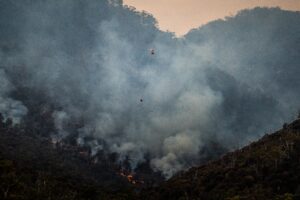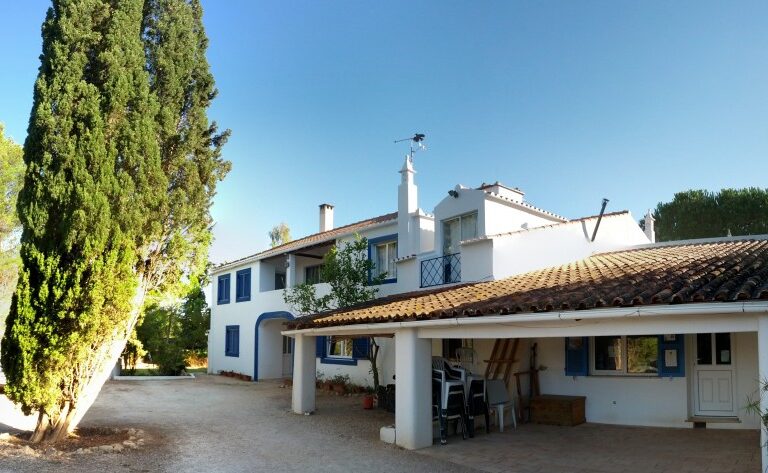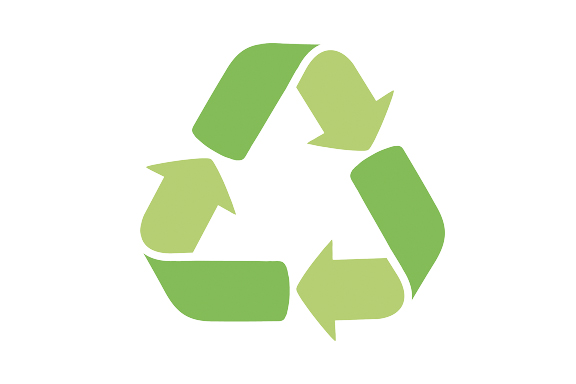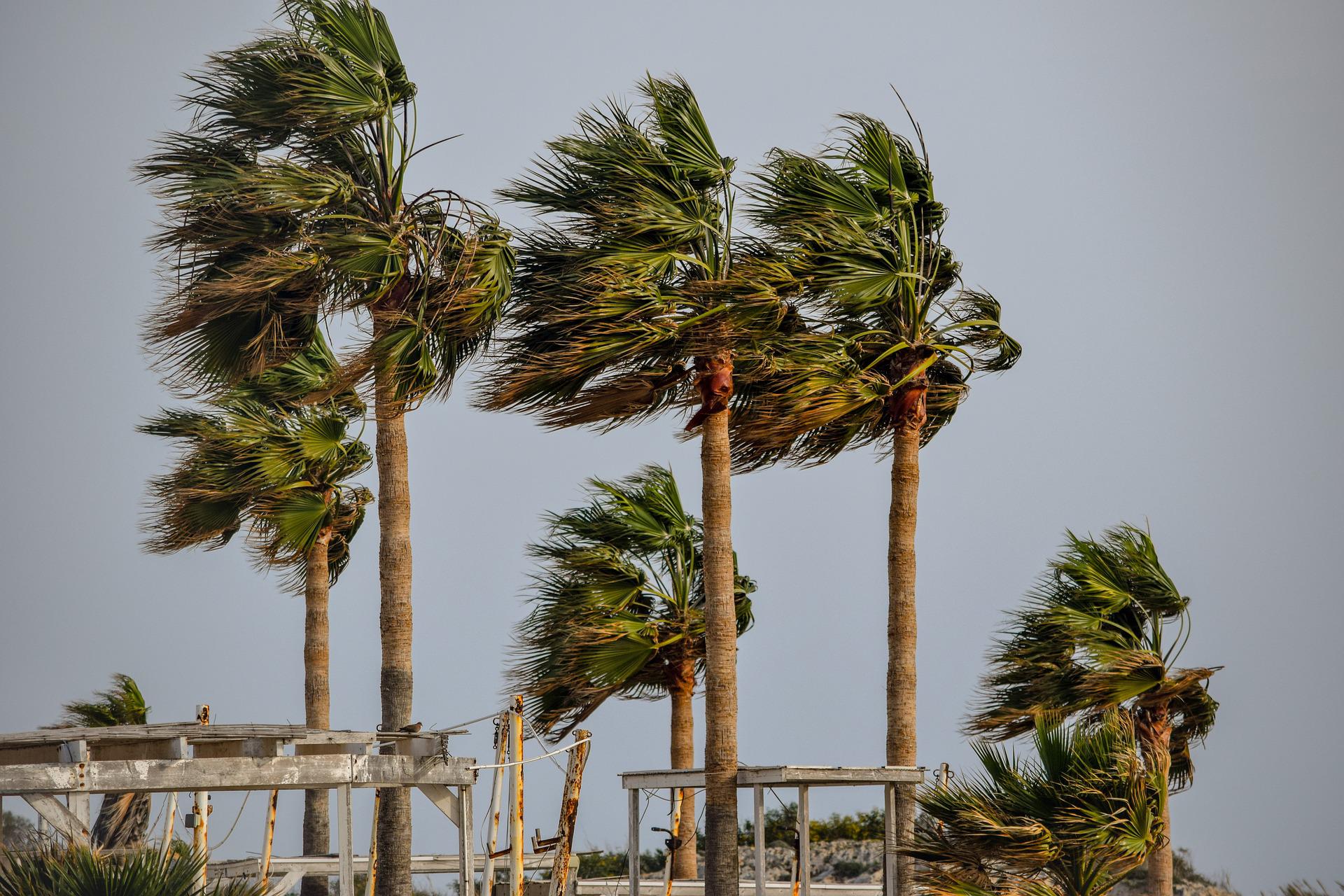Counting the cost: the emotional toll of environmental campaigning

“Well, I had to see a counsellor. I’ve never seen a counsellor. As a scientist, you’re not trained to deal with emotion, it’s just driven out of you.” This is the second time Dr Stuart Blanch has choked up during our interview and, even though we are separated by thousands of miles, I can feel his anguish as if he were in the room with me.
“As a biologist, it’s about facts and observations, writing in the third person dispassionately. I remember when I started working in the environment movement, a lot of my former colleagues would, you know, castigate me for being too emotional. I found that really hard.”
Stuart has had an impressive career. He grew up on the New South Wales Coast in a banana farming family and now works in forest conservation policy for WWF-Australia, alongside his role as President of A Rocha Australia. However, his work as an environmental campaigner has taken a personal toll on him: he has been working in conservation for 30 years and, despite many victories along the way, he says that he recently realised that all his work could be undone by the impacts of global heating.
The wildfires that burned through Australia in 2019 and 2020 particularly bought this home. He describes how he witnessed animals invading his back garden trying to find safety. “19 million hectares were burnt: we’ve never had that. It was like mega fires burning for months. Those fires were not far from me: we could see them, we could smell them, we were all covered in the dust, in the smoke.”
He recalls how, shortly afterwards, he choked up on a live South African TV breakfast show because he had to keep repeating the scale of the loss: the number of animals that had been killed or displaced; the amount of carbon emitted from the fires. “I sort of broke down.”
Stuart also knows from personal experience about the toll that working for climate justice can have on our mental health. In the mid-2010s, he was involved in a campaign to protect Arnhem Land, an area covering 10-million hectares in northern Australia. It remains one of the largest areas of aboriginal-owned land in the country, where native or ‘first nations’ people have lived for tens of thousands of years. However, the estuaries and shallow seas near the coast became a target for oil exploration from the oil and gas industries because of a loophole in the law. These companies knew that aboriginal land rights law did not apply in these areas and therefore, despite the historic reliance on these waters for fishing and hunting, the aboriginal people had no right to veto development.
Stuart travelled down to Sydney and Canberra with a group of the indigenous people. Some of them had never travelled outside the territory – let alone down to the metropolises in the south of Australia – but this didn’t stop them. “We knocked on the door in the middle of the financial centre of Sydney and said, ‘We’re here to talk. You can’t come into our country without talking to us’. [These] mild-mannered accountants were not quite accustomed to having fierce, angry First Nations people in their face saying, ‘Get off our country. You have not sought consent.’ And they left and the traditional owners won.”
“It was a highlight of my life working there, though we shouldn’t have had to do it. The law should have protected the country. But it was their victory, it wasn’t mine”.
But the success of the campaign was bittersweet. Stuart recalls one young woman who was passionate about protecting the land. “She was a teacher,” he says sadly, “And she wanted to inspire the younger generation to grow up and protect their country, to fight for land and to protect Arnhem land.”
Tragically, after the campaign, this woman took her own life.
“She had a lot of expectations on her as a leader, and she suffered from mental illness. People needed her to stand up for the community. And she did… and the price she paid was very high.”
“I don’t think those lovely mild mannered accountants ever realised or the bureaucrats who allowed that to happen or the legislators who wrote the law… see the personal toll that that took just on that community, just for that one battle.”
“And they now have one less strong fighter.”
As Stuart is speaking, I am realising again that there is an enormous cost to caring about the planet. Maybe sometimes it would be easier not to. But, as Stuart reminds me, for many people in the majority world, they don’t have a choice. “The [choices we make] in Australia now extend to our neighbours… I often think of Jesus saying, ‘Love your neighbour as yourself’. I’m not too keen personally on having my home drowned. But that’s what… our lifestyle is doing to our neighbours.”
So how do we sustain this for the long haul?
“Well,” says Stuart, “For me it is that there is a God who made us in His image, He reveals Himself to us in creation, and so He’s intervening in creation.” Stuart takes comfort from the fact the stories in the Bible which show that God has been doing this generation after generation. “All those years ago, Abraham, Isaac and Jacob, the people of Israel, the Kings and the Prophets, all pointing towards Jesus. And nothing can take that away from me, the fact He went to the cross. That gives me hope. Sometimes I have to strain hard to remember it, and to stop reading the news and looking at social feeds… But the death and resurrection of Jesus Christ – nothing takes that
Stuart Blanch is President and National Director of A Rocha Australia, which he helped set up.
The Field Notes podcast, hosted by Peter Harris and Bryony Loveless, is an exploration of the ideas, practice and experience making a difference on the ground, through conversations with people who really know what they are talking about – from conservation scientists, explorers and biologists, to artists, entrepreneurs and theologians. They have hopeful stories to tell. To listen to the full interview with Stuart visit the Field Notes Podcast at arocha.org/en/field-notes-podcast/
We are happy for our blogs to be used by third parties on condition that the author is cited and A Rocha International, arocha.org, is credited as the original source. We would be grateful if you could let us know if you have used our material, by emailing [email protected].




Thank you for this thoughtful reflection on the difficulty of our work, and the necessity of a strong backing in faith and resilience! Our work is tiresome. Our work is also grounded in LOVE.
I know what Stuart’s going through – I was involved in environmental activism and advocacy against a large irrigation dam in New Zealand for over 6 years, and it’s taken a fairly heavy emotional toll on me. We won at the end of the day, but with efforts underway to resurrect the dam build, all the old feelings resurface on a regular basis. A battle won, but the war continues. It’s the knowledge of Christ’s power available to me that keeps me going – he deserves all the glory and honour. Thanks for this article, much appreciated!
Thanks Dan,
I appreciate your comment and know something of the struggle of campaigning against a new dam. They seem to keep being resurrected even after the decision is ‘no’. To advocate in love and joy is my challenge.